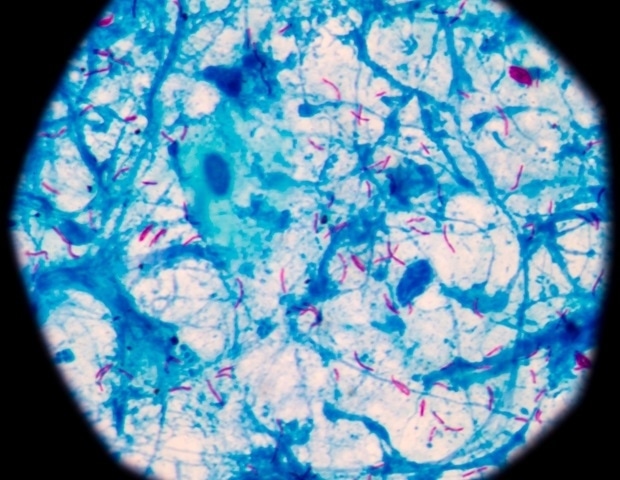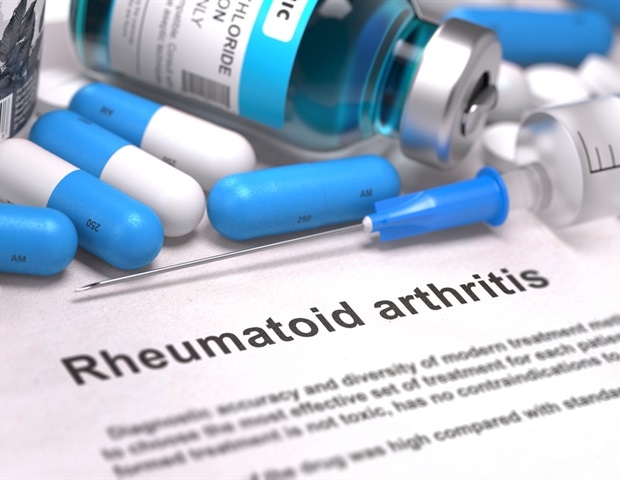
Hundreds of physician associates (PAs) are to take legal action against GP surgeries across the country claiming they have been hounded out of their jobs due to a “national bullying campaign” led by the British Medical Association (BMA) and the Royal College of General Practitioners (RCGP).The row centres around GP surgeries following “scope and practice” guidelines set out by the two groups, which United Medical Professionals Associates (UMAPs), the trade union representing PAs, alleges has led to them being discriminated against.The law firm representing the physician associates claimed that “more than 100” have lost their jobs or been treated unfairly and that a total of nearly 300 have been “potentially affected”, with 80 per cent of them women.
if(window.adverts) { window.adverts.

addToArray({"pos": "inread-hb-ros-inews"}); }As compensation could possibly range from £50,000 to £100,000 per claimant, the total combined damages could be as high as £30m, a figure that could rise if employers continue with the “hasty and unconsidered implementation” of the RCGP and BMA guidance, the PAs’ legal team said.The legal battle is the latest chapter in an increasingly bitter row between associates and influential sections of the medical community. Their role has come under particular scrutiny in recent years following two recent tragedies involving patients in their care.
Emily Chesterton, died aged 30 after two appointments with a PA she believed was a GP. Pamela Marking went to A&E at East Surrey Hospital in February 2024 after vomiting blood and having tenderness in her side. She was told by a PA she had a nose bleed and was sent home, but the 77-year-old actually had a hernia and died four days later.
if(window.adverts) { window.adverts.
addToArray({"pos": "mpu_mobile_l1"}); }if(window.adverts) { window.adverts.
addToArray({"pos": "mpu_tablet_l1"}); }What are physician associates?Physician associates (PAs) were created to free up a doctor’s time by doing medical tasks that do not require full medical training, such as basic examinations, offering diagnoses and delivering some treatments. A handful of PAs have specialised in anaesthesia.The role was established in 2003 and they are postgraduates who have taken a two-year course to qualify.
The NHS calls them “medically trained, generalist healthcare professionals, who work alongside doctors and provide medical care as an integral part of the multidisciplinary team”.PAs are overseen by a dedicated medical supervisor but they can work autonomously with appropriate support in GP surgeries and hospitals.Numbers of PAs are set to increase from more than 4,000 currently to 10,000 and 2,000 anaesthesia associates (AAs) by 2036/37.
Doctors, PA and AAs are overseen by the General Medical Council. Doctors have claimed having the GMC oversee all three “blurs the lines” of their roles with fears PAs have replaced doctors when treating patients. Questions have been raised over their training which is in contrast to the five years it takes doctors to qualify and the additional ten years it takes to specialise.
Lawyers confirmed they issued the first “indirect discrimination” claims last week as part of a “group action claim”. All claims issued to date are against at least two respondents – the relevant GP practice and the RCGP together. In some instances lawyers have also named the BMA as a third respondent.
All parties are required to respond to the claims.The group claim was initiated and backed by UMAPs, which announced its formation as a trade union in December.UMAPs was entered into the list of trade union’s by the government’s certification officer and has published its own “scope of practice” guidelines for PAs in primary and secondary care.
It has called for more PAs affected by the changes to come forward and join the collective action.if(window.adverts) { window.
adverts.addToArray({"pos": "mpu_mobile_l2"}); }if(window.adverts) { window.
adverts.addToArray({"pos": "mpu_tablet_l2"}); }Wes Streeting said there are concerns over PAs and he will wait to see the results of an upcoming review (Photo: Getty Europe)Sneha Nainwal, partner at law firm Shakespeare Martineau, who is leading the group action claim on behalf of UMAPs, said: “There are very tight limitation periods for issuing a claim in the employment tribunal – so any Physician Associate who has been dismissed or adversely affected by the hasty implementation of the RCGP/BMA guidance should consider their options without delay.“The fact that over 80 per cent of those affected by job losses are women is deeply concerning and raises serious questions about fairness and equality in the workplace.
In a modern democratic society that seeks to uphold equity and non-discrimination, any policy or guidance that appears disproportionately to impact one gender must be subject to proper scrutiny. We’ve now issued our first claims, with several more set to be filed shortly.”Stephen Nash, a physician associate and UMAP chief executive, told The i Paper the loss of hundreds of PAs at GP surgeries across the country will damage patient care.
#color-context-related-article-3597805 {--inews-color-primary: #E33A11;--inews-color-secondary: #F7F3EF;--inews-color-tertiary: #E33A11;} Read Next square SOLAR POWER .inews__post__label__explained{background-color: #0a0a0a;color: #ffffff;}ExplainedWhat £45k in energy savings from solar panels could buy a hospitalRead MoreHe said: “That is unacceptable to me..
. Some practices are now following our guidance on PAs, which is good, but there are a hardcore of doctors who are continuing to inflict harm because they can – and all of them seem to have relations with the BMA. “What you’re seeing is a very vocal, very hardcore elitist group punching down on PAs and making it almost socially untenable within the workforce to be able to support these professionals.
”Nash also believes medics have weaponised “a minority of incidents causing people to clash” while some PAs have reported workplace bullying. The BMA said it was not aware of any legal claims being brought against the union by PAs, nor of the BMA being named as an interested party in any. However, Shakespeare Martineau said there is a time lag between the claim being issued and it being served by the tribunal.
if(window.adverts) { window.adverts.
addToArray({"pos": "mpu_mobile_l3"}); }if(window.adverts) { window.adverts.
addToArray({"pos": "mpu_tablet_l3"}); }The RCGP said it would be inappropriate to comment on a legal issue. A spokesperson said: “However, recognising there are around 2,000 PAs already working in general practice we developed guidance on induction and preceptorship, supervision, and scope of practice, aiming to support GP practices and current employers of PAs in prioritising patient safety.“This guidance is advisory and we have always been clear that it is for employers to decide whether to follow our guidance and that it is their responsibility to ensure the appropriate treatment and handling of existing PA contracts.
The RCGP is strongly committed to equality, diversity and inclusion, and this is key to our values as an organisation.”A government-commissioned independent review into PAs is expected to publish its findings in the coming weeks.Health and Social Care Secretary Wes Streeting told The i Paper there are “legitimate concerns about how physician associates are used – transparency for patients, scope of practice, and the substituting of doctors” and that those concerns have been “ignored for too long”He said: “We need to establish the facts which is why I’ve asked Professor Gillian Leng to carry out an independent review into the roles.
”.















